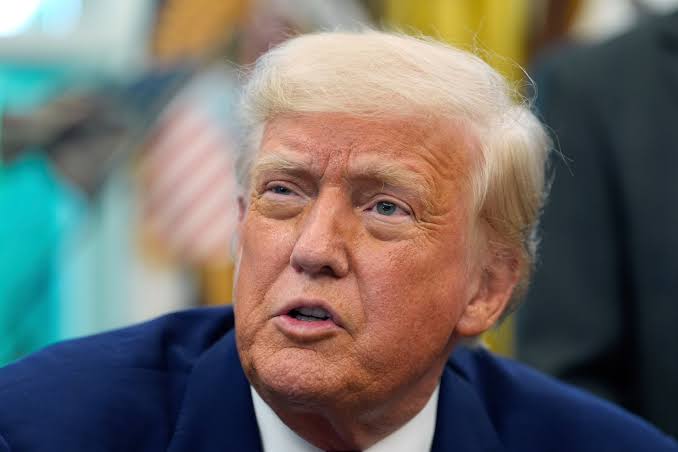In a move that has sparked legal and ethical concerns, the Trump administration is reportedly considering suspending habeas corpus — the fundamental legal right that allows individuals to challenge their detention in court.
Stephen Miller, one of President Trump’s top aides, told reporters Friday that the White House is “actively looking at” the option. He argued that the U.S. Constitution permits such a suspension during times of “rebellion or invasion.” His comments come amid a wave of immigration-related detentions, including cases involving foreign students who have expressed dissenting views.
Miller suggested that the courts’ willingness to support the administration’s actions would influence their decision. “It depends on whether the courts do the right thing or not,” he said.
Several civil cases have already been filed, challenging the detention of undocumented immigrants and students under the habeas corpus principle. One such case involved a Turkish university student who was held for six weeks after writing an article critical of Israel. A judge eventually ordered his release. Another Columbia University student, detained for pro-Palestinian activism, was also released after a habeas corpus petition.
While some courts have pushed back against these detentions, others have sided with the administration. Miller referred to habeas corpus as a “privilege,” claiming that Congress had already stripped the courts of power over immigration matters — a statement legal experts were quick to challenge.
“Congress has the authority to suspend habeas corpus — not Stephen Miller, and not the president,” said Democratic attorney Marc Elias.
President Trump has not publicly endorsed the suspension, but reports from CNN indicate he has been personally involved in discussions. In recent statements, Trump hinted at “very strong” ways to overcome judicial roadblocks, alluding vaguely to precedents set by past presidents.
Historically, habeas corpus has only been suspended four times in U.S. history: by Abraham Lincoln during the Civil War, in Hawaii after Pearl Harbor, in early 20th-century Philippines, and during Reconstruction in response to Ku Klux Klan violence. In each case, the power was exercised during extreme national crises and often controversially.
This potential move would be unprecedented in modern U.S. history and is already intensifying an ongoing debate about the balance between national security, immigration enforcement, and civil liberties.
Critics argue that even under the guise of national emergency, such a suspension would erode one of the oldest protections in American democracy.

